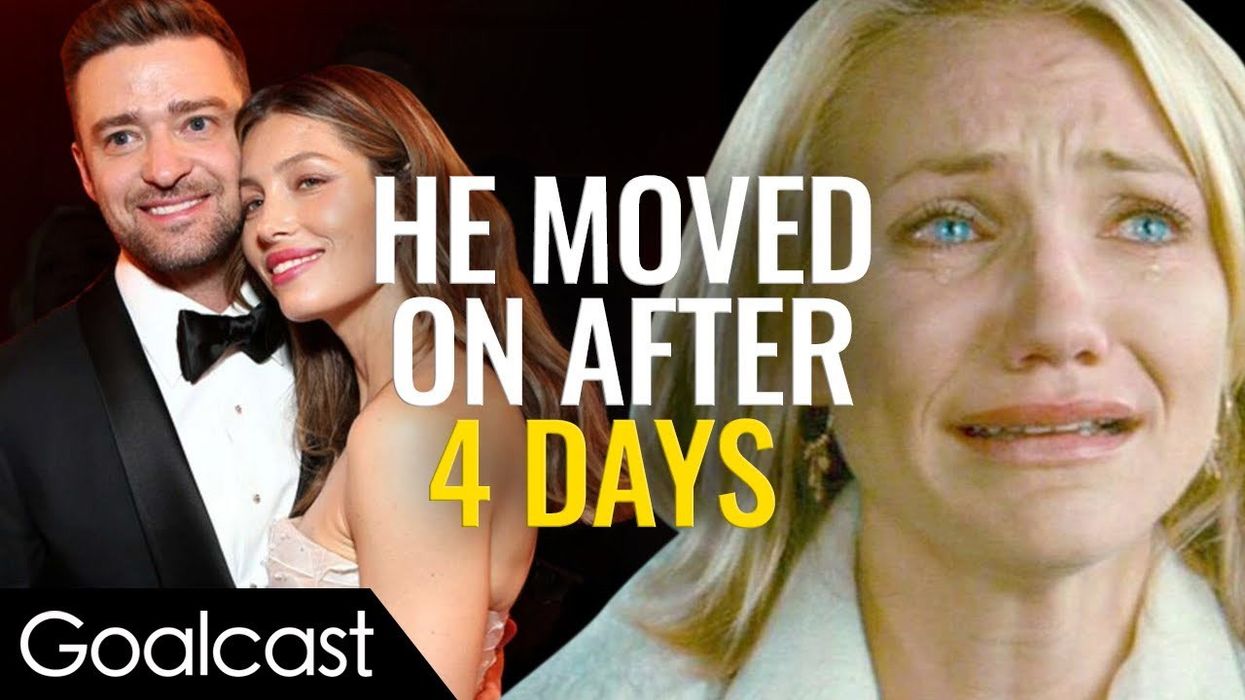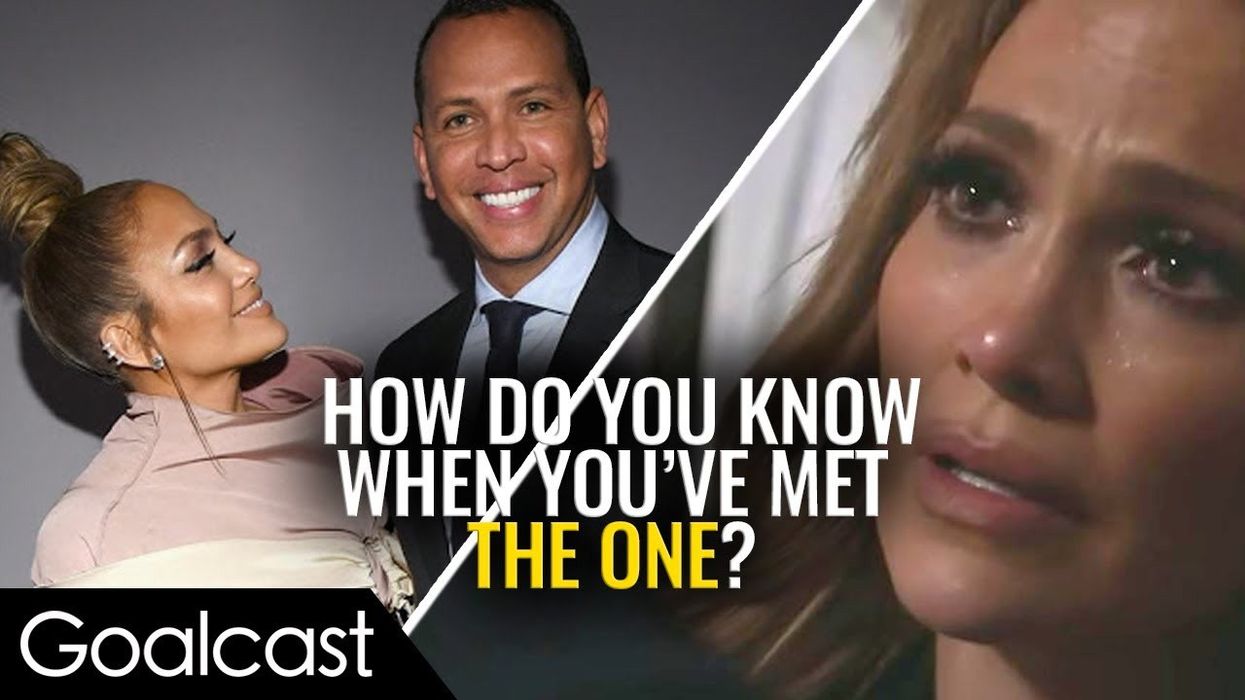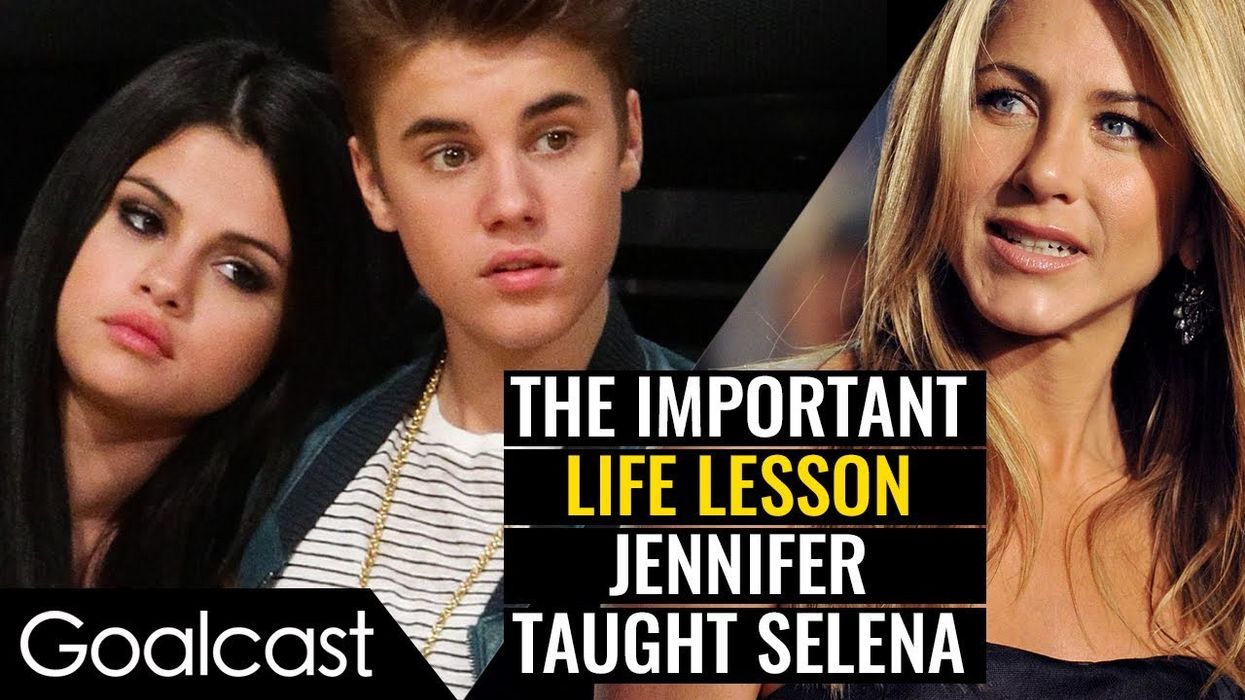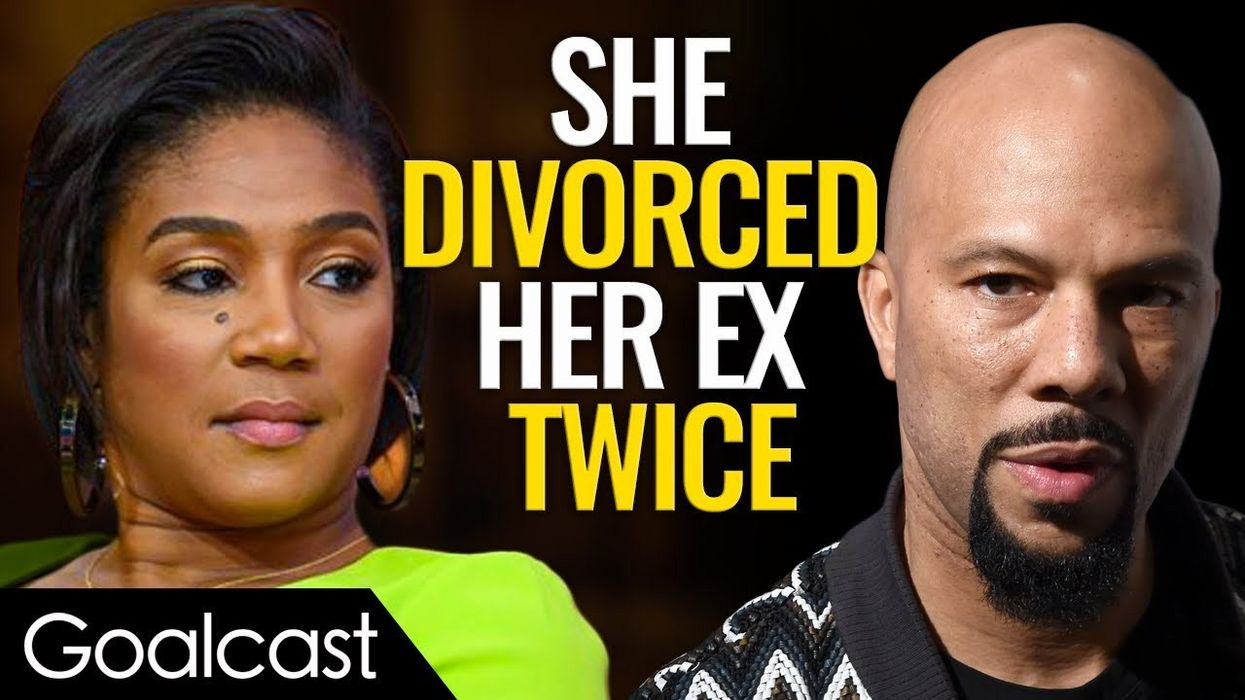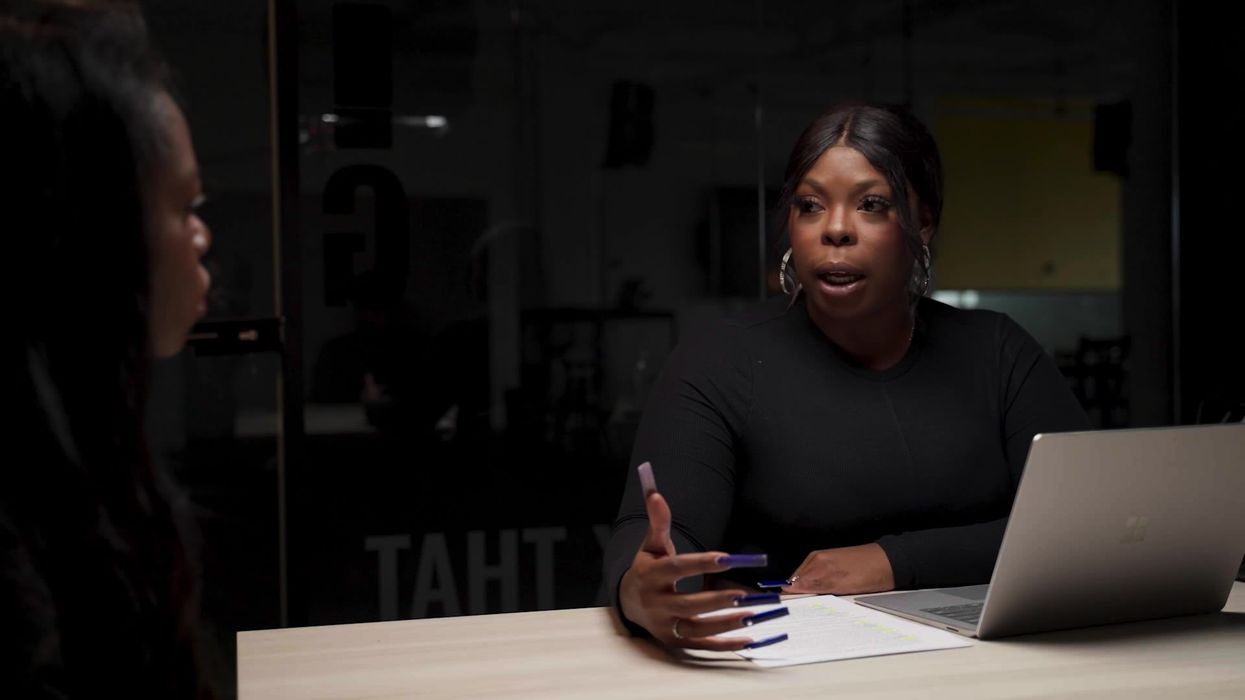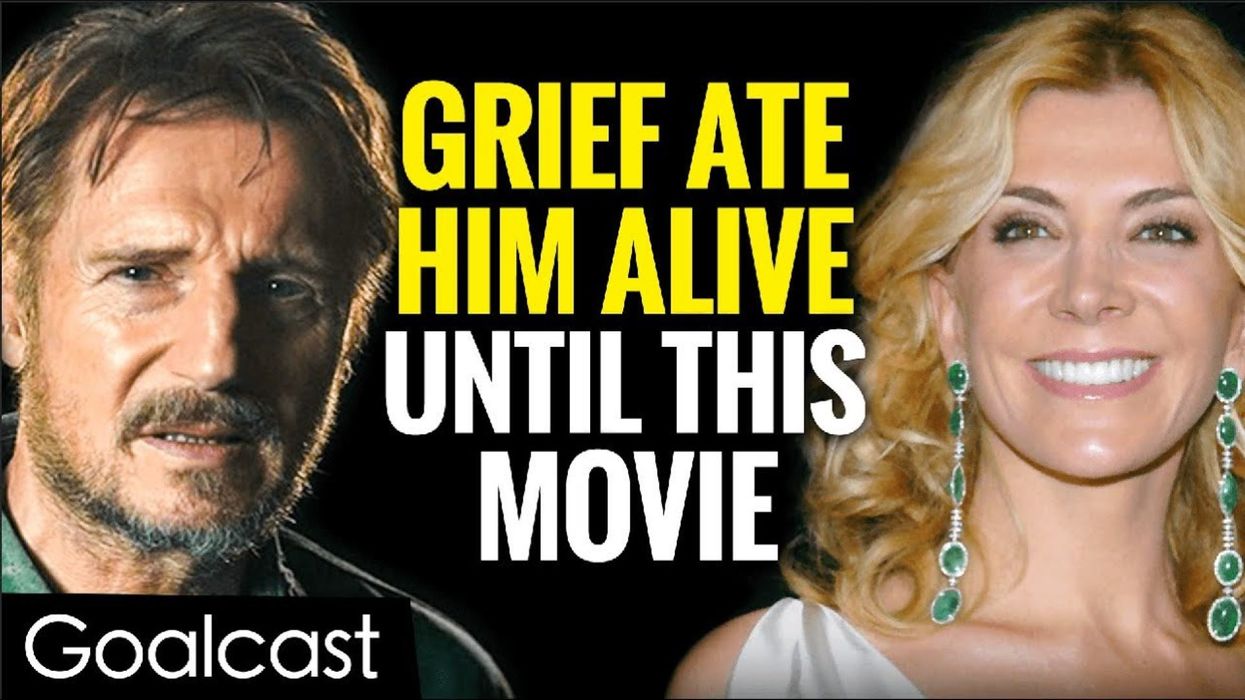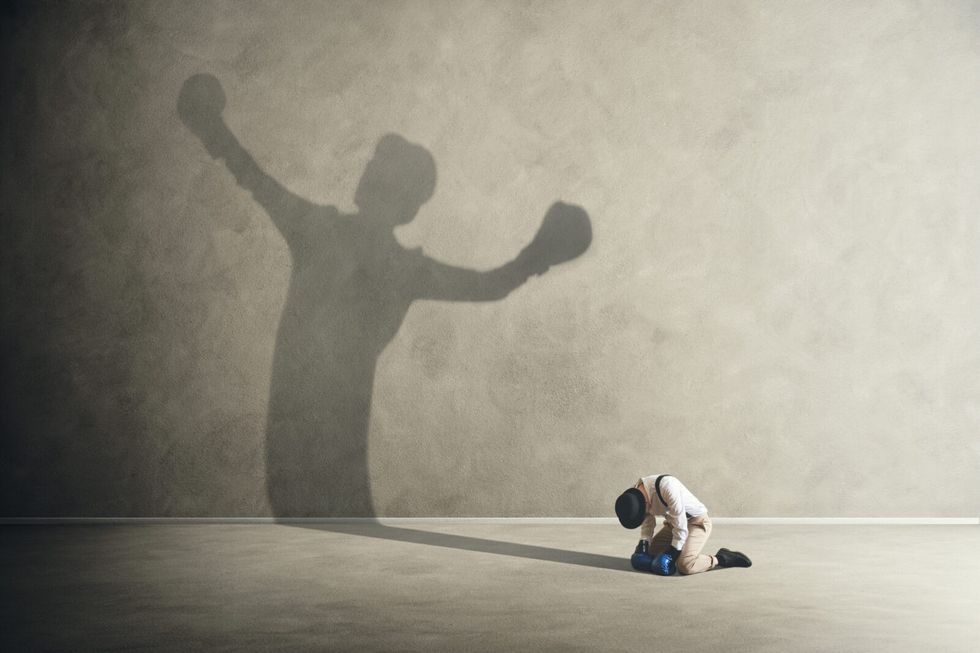
Flip the Script: How the Stories You Tell Yourself Define Your Life
When you are constantly anxious, your life is all anxiety.
When you are sad most of the time, your life is all about sadness.
When you are always angry, your life is only anger.
We all have a dominant emotion we go back to as “home.” It’s part of our conditioning. That's why the same event can trigger anxiety in one person, sadness in another, anger in a third, and so on. It all comes down to your usual interpretation of what happens to you.
Flip the Script: How the Stories You Tell Yourself Define Your Life
The quality of your life is the quality of your emotions.-- Tony Robbins (more quotes)
Take the above cases as examples. If you are someone who is generally prone to laying the blame on yourself, you’re likely to feel sad or anxious (“What have I done to upset him”?). If you're someone who is more inclined to place the blame on other people, you will generally get angry (“What’s wrong with him!”).
So your life is not so much dependent on what you are going through, as much as it is on the way you are experiencing what happens to you, based on the stories you are telling yourself.
But you are not your stories.
Most of your thoughts are repetitive ones, and they say more about your conditioning and past than about you or your current reality. It’s the filter you are using to make sense of things in life -- your “usual stories.” And you believe them, notably because your emotions and reality seem to prove them right.
For your thoughts, emotions and actions influence and reinforce each other. They can form a virtuous or negative cycle. If you think that you suck at your job, guess what? You will. Why? Because by believing so, you will focus on what is going wrong, and will therefore experience so-called “negative” emotions that will inevitably hamper your performance, which will then reinforce your initial belief. Your distorted perception of reality creates a reality that conforms to your perception.
If you think differently, you are bound to feel and act differently. But if you let outside events impact your thoughts, and hence your emotions, you become like a drifting boat in a raging sea. You RE-ACT to the event, instead of CHOOSING consciously your response.
Does it mean you have to fight your thoughts and emotions?
No, quite the contrary -- for what you resist, persists.
The hidden gifts of emotions
Emotion in itself is not unhappiness. Only emotion plus an unhappy story is unhappiness.-- Eckhart Tolle.
You need to accept your emotions for what they are: passing clouds in the eternal sky. Everyone has thoughts and emotions, but what is not so well known is that they can also have us. And that’s when we IDENTIFY with them. That’s when we forget that we are the sky.
The truth is that emotions are neither good nor bad in themselves, as Eckhart Tolle says. Emotions are your god-sent messengers: they are symptoms that are meant to keep you healthy by informing you of some disease.
And most importantly, emotions are your change agents.
Emotion is the chief source of all becoming-conscious. There can be no transforming of darkness into light and of apathy into movement without emotion.-- Carl G. Jung.
So why is this all so important?
Simply because your life is the result of your decisions -- whether they are made consciously or unconsciously. And even the act of not making a decision is a decision.
It is in your moments of decision that your destiny is shaped.-- Tony Robbins
You cannot determine life events – they are a given – but you are not defined by them either. The proof is that people faced with similar tragedies have often shaped themselves very different destinies. This was done through the decisions they made.
Becoming more conscious empowers you with the ability to choose your response to any given set of circumstances; to choose your life rather than undergo it helplessly. It’s the only way your future can be different from your past. For as Carl Jung reminds us:
I am not what happened to me, I am what I choose to become.-- Carl Jung












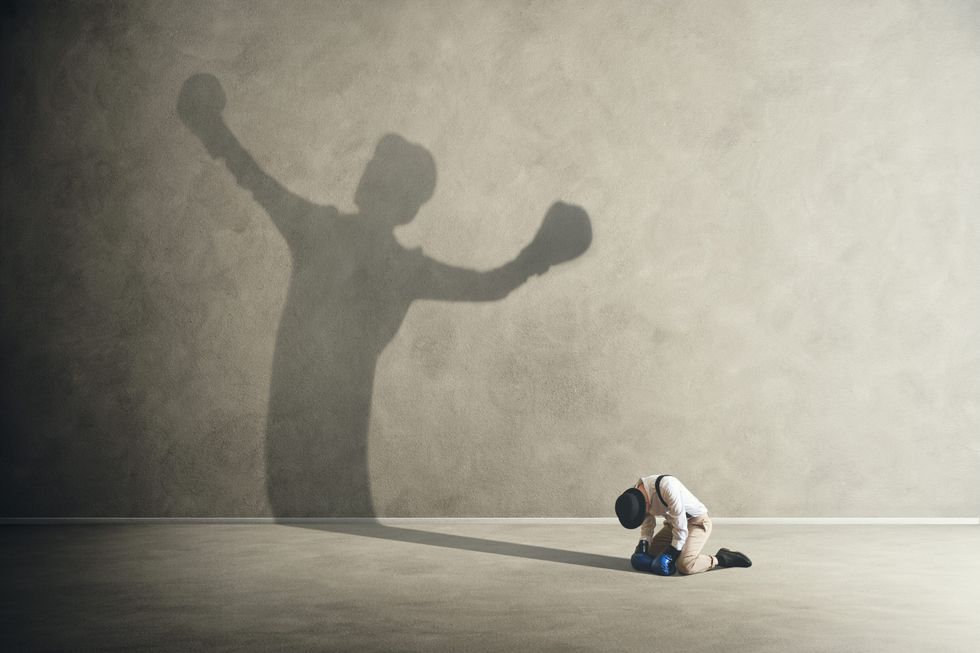
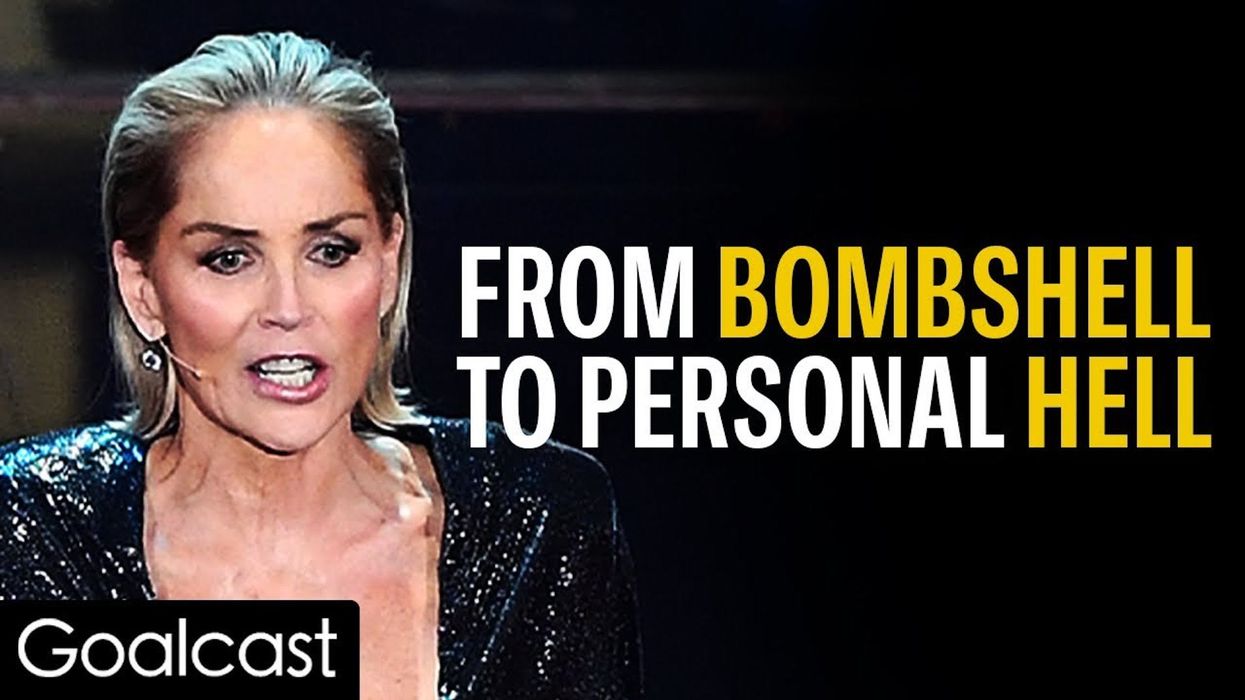

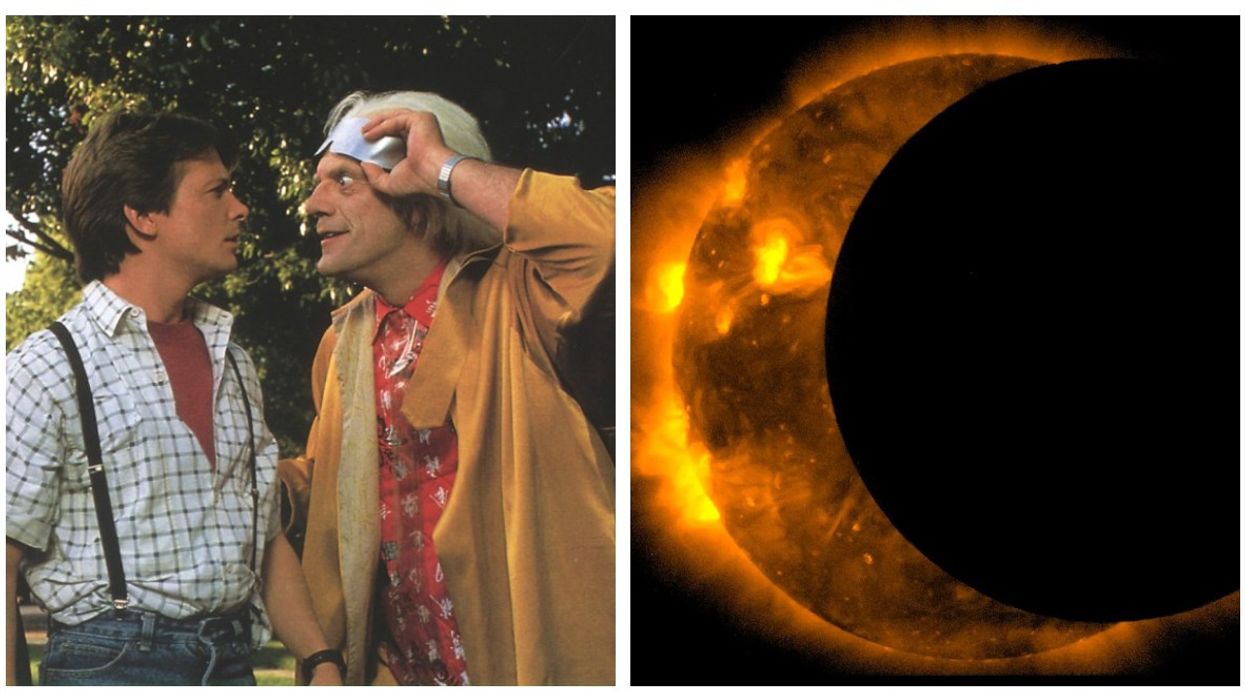


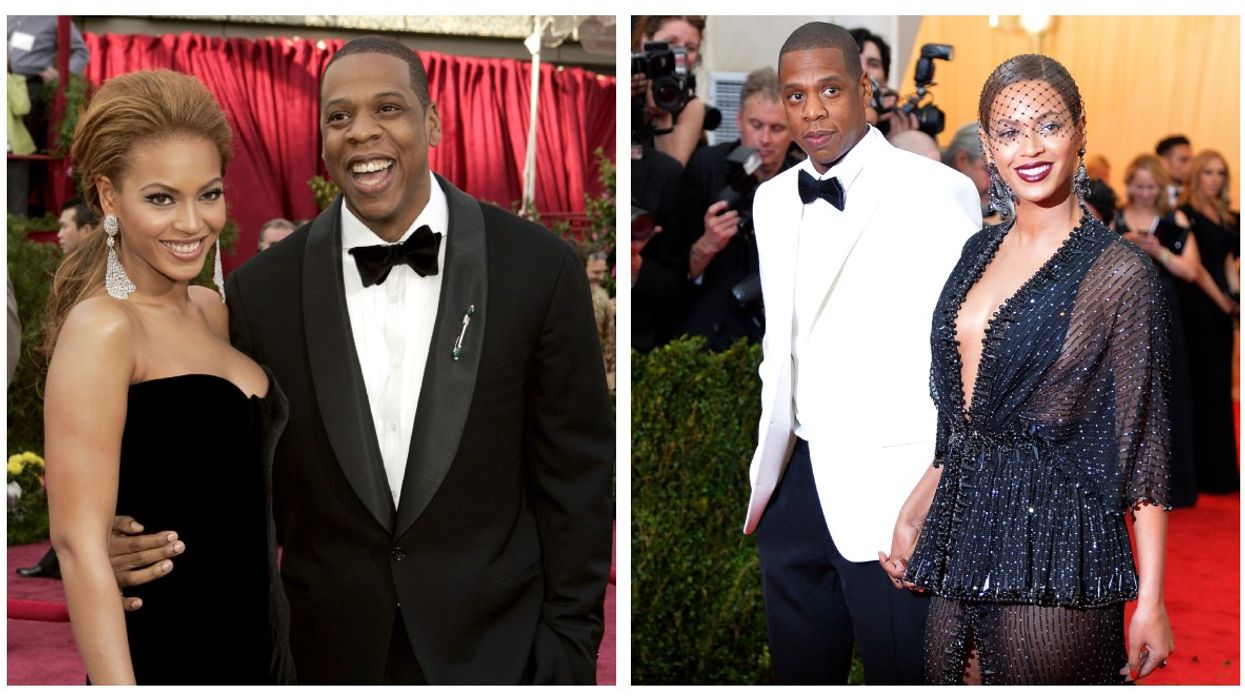
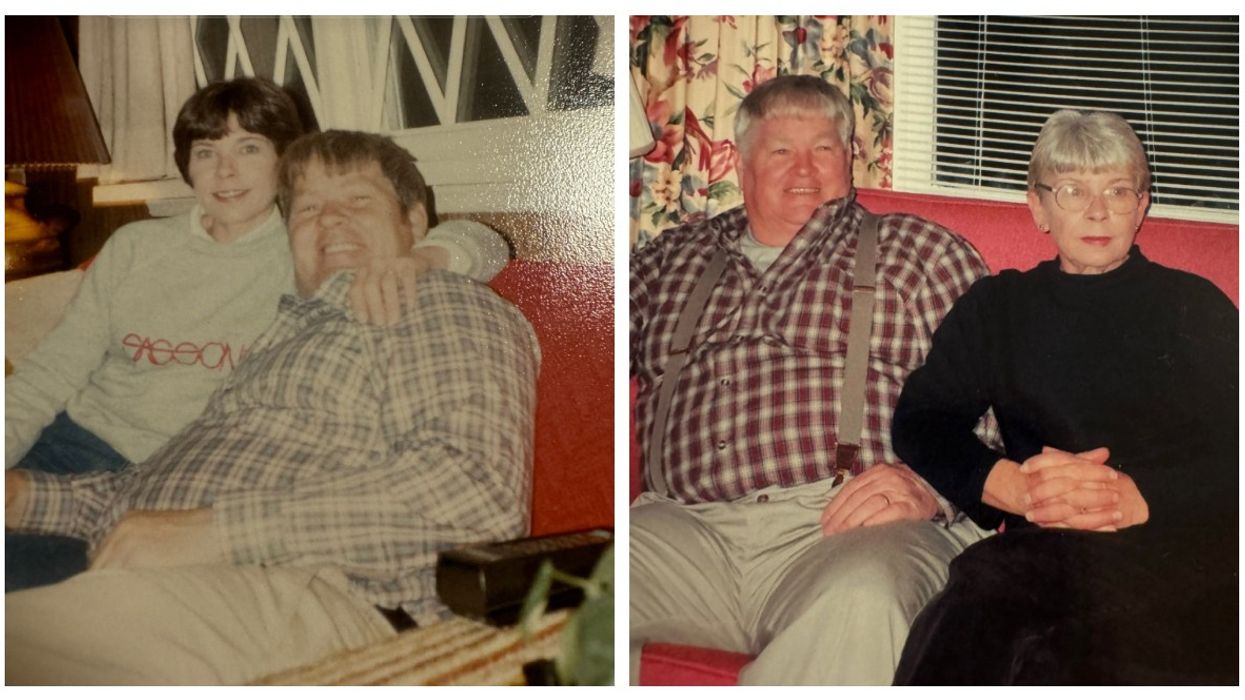
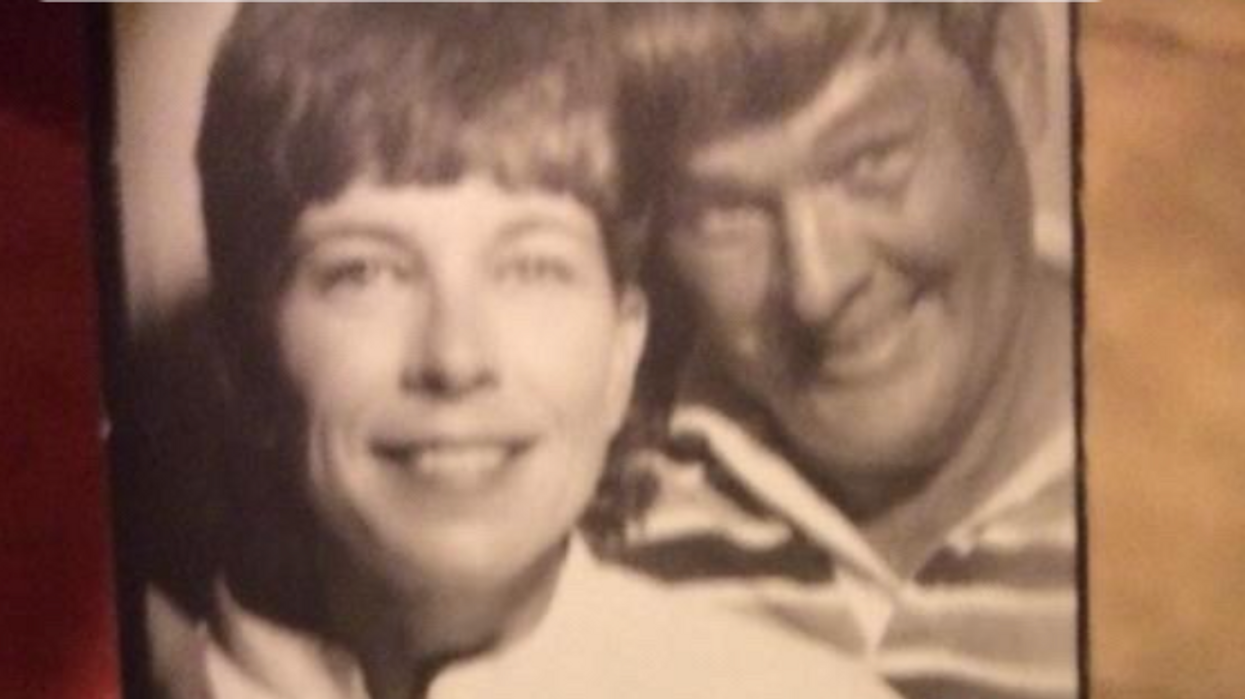 Old photobooth strip of Nana and Papa@jennjensc/TikTok
Old photobooth strip of Nana and Papa@jennjensc/TikTok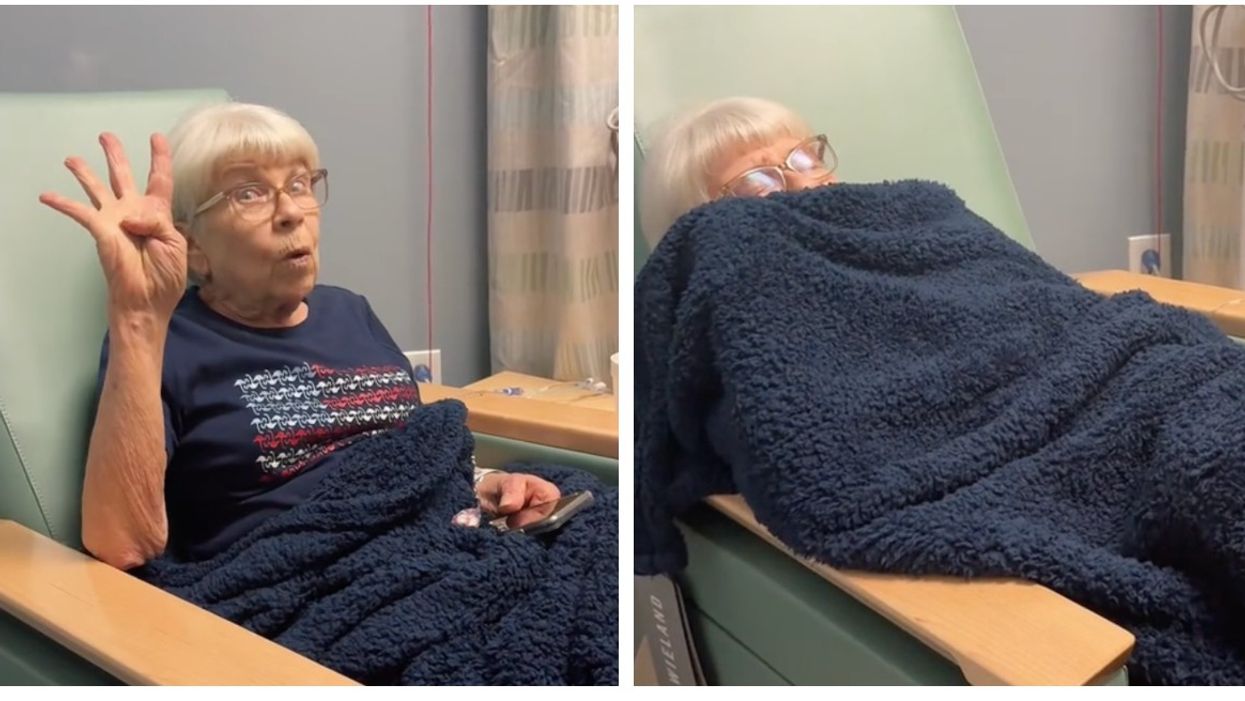 An elderly woman sits in chair with blue blanket while doing chemotherapy.@jennjensc/Tiktok
An elderly woman sits in chair with blue blanket while doing chemotherapy.@jennjensc/Tiktok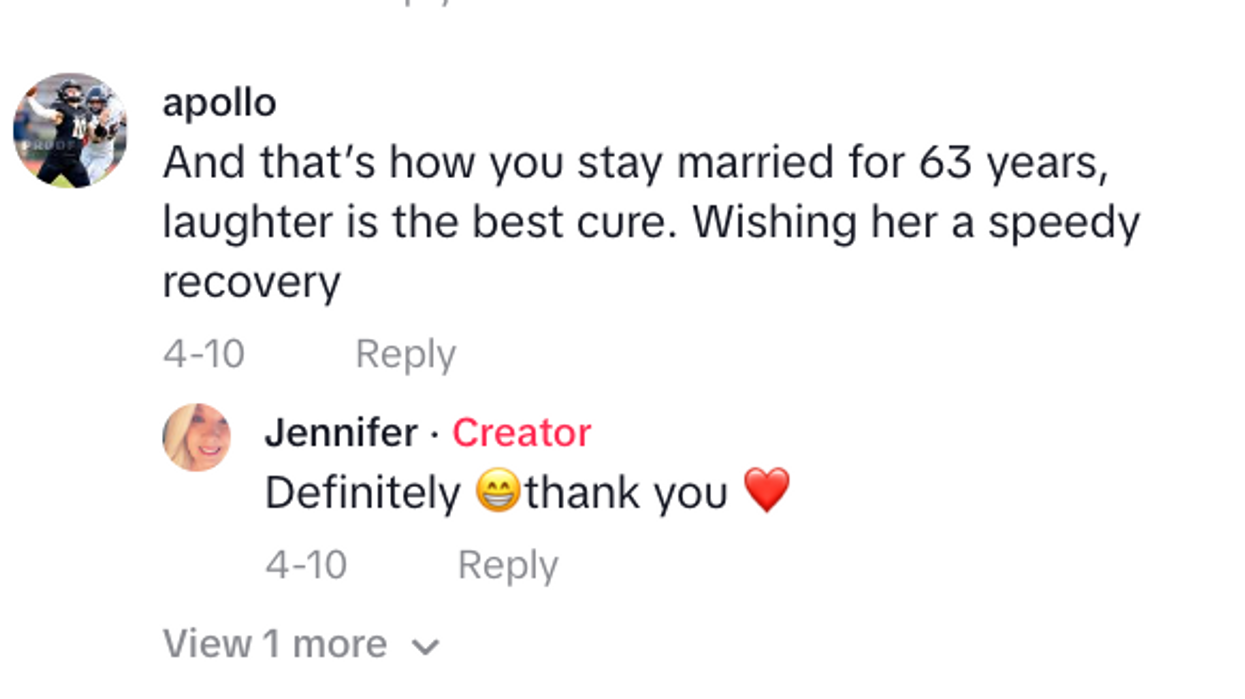 screenshot of a comment on TikTok@jennjensc / TikTok
screenshot of a comment on TikTok@jennjensc / TikTok

